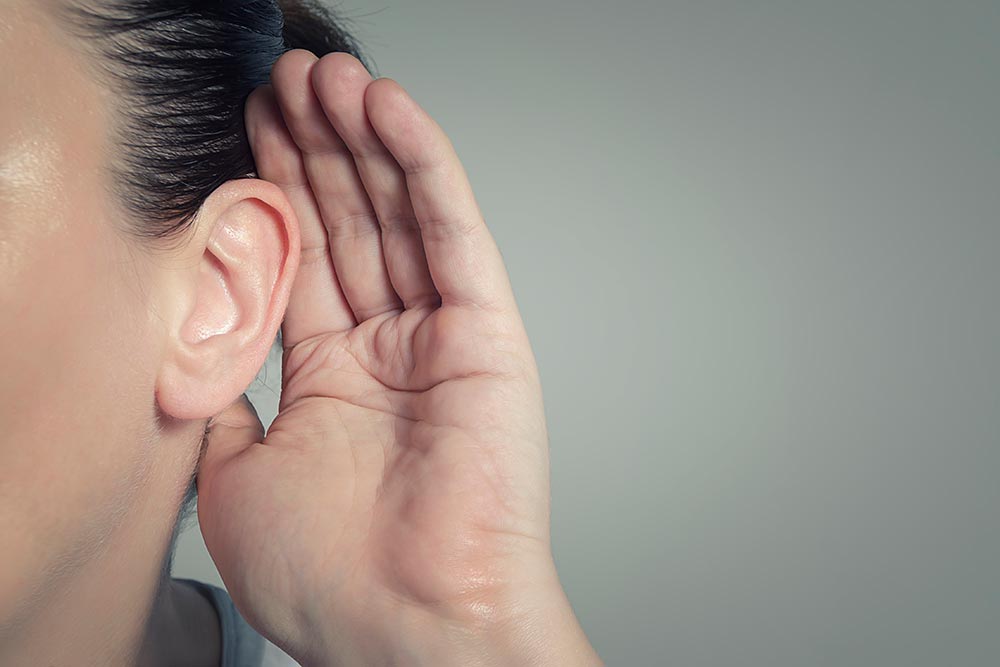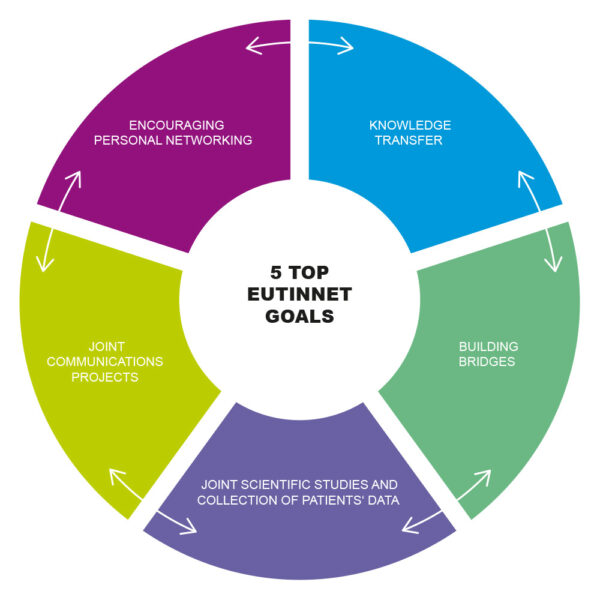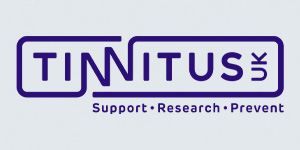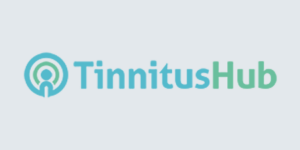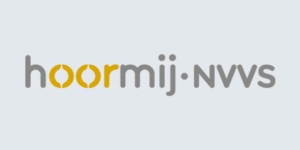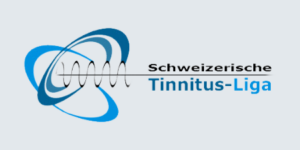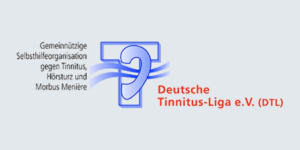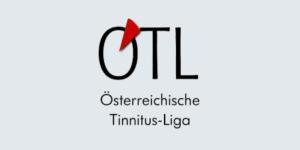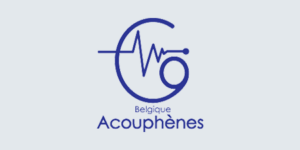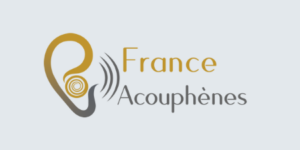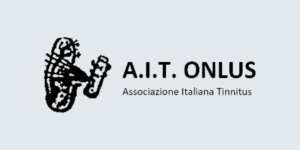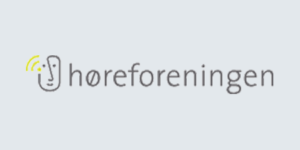
ALLEVIATE TOGETHER.

RESEARCH PROJECTS.

KNOWLEDGE TRANSFER
THROUGHOUT EUROPE.
The European Tinnitus Network
Our vision
EUTINNET was founded in 2019 under the umbrella of the German Foundation Tinnitus & Hearing Charité. The network unites numerous European tinnitus self-help organisations and is in active exchange with leading ENT universities and research institutions in Europe.
The common goal is to promote transfer of knowledge on treatment options for tinnitus and other hearing impairments in the member countries, to organise research projects and to create even more awareness for the careful handling of hearing through communication and education.
Please find detailed information on our goals in our information flyer:
The Top 5 EUTINNET Goals (PDF, 226 KB)
Our team
Across Europe, millions of people suffer from chronic tinnitus or diseases of the inner ear, such as hearing loss, hyperacusis or Meniere’s disease. These can lead to a severe restriction of quality of life and performance in both the professional and private spheres.
The EUTINNET specialists bring their many years of expertise from the fields of ENT medicine, psychosomatics and psychology to promote the Europe-wide exchange between scientists and self-help-organisations and to realise joint research projects.
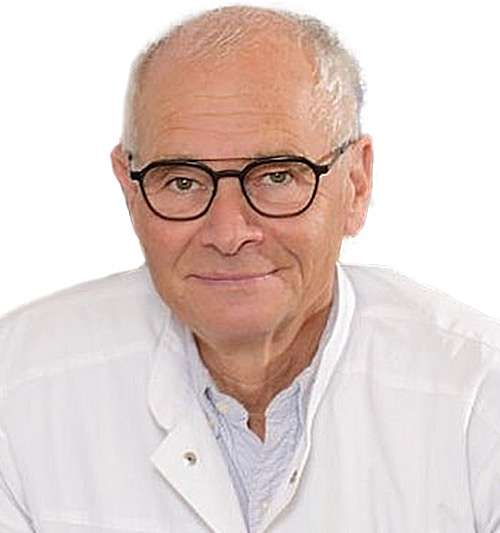
Dr. med. Eberhard Biesinger
Coordinator EUTINNET
ENT-Center Traunstein
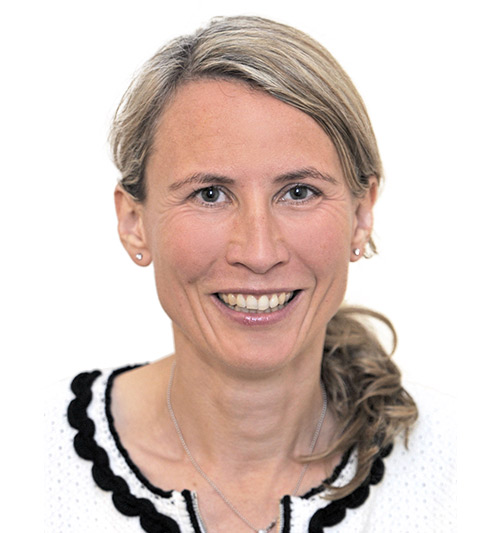
Prof. Dr. Birgit Mazurek
Chairwoman of the Board, Tinnitus & Hearing Foundation Charité
Director Tinnituszentrum Charité – Universitätsmedizin Berlin, Germany
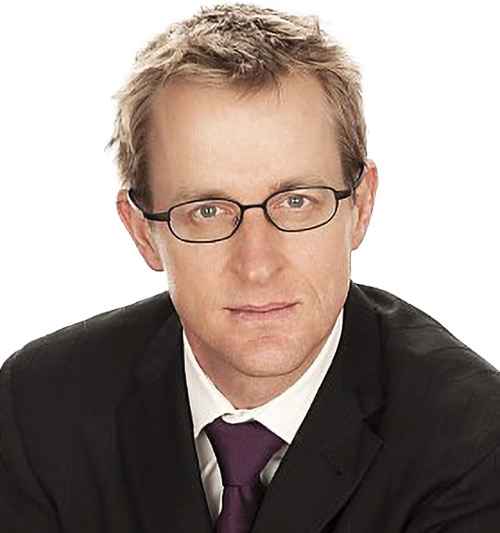
Prof. Dr. Christian Dobel
Chairman of the Scientific Board, Tinnitus & Hearing Foundation Charité
Professor for Experimental ENT Science, ENT Clinic, Friedrich Schiller University Jena, Germany
Members
EUTINNET members
The network currently has 10 member organisations from Europe. Together they help to promote the exchange of experience and to advance research projects. New members are welcome.
For more information, please click on the respective logo.
Study
About the web-based database
This study aims to provide information about the relationship between tinnitus, hyperacusis and other comorbidities, such as stress, anxiety and depression. This is done by comparing the data of affected persons entered via the two tinnitus questionnaires and three further comorbidity questionnaires.
In the long term, a longitudinal data follow-up is planned to include further survey results in the database.
The six questionnaires
The socio-demographic questions ask for specific characteristics about the person, which are important in order to be able to carry out the scientific evaluation of the subsequent surveys on tinnitus, hyperacusis as well as stress, anxiety and depression in a more differentiated way and to derive the correct scientific results and findings per group.
The Mini-Tinnitus Questionnaire (Mini-TF12) provides information about the intensity with which the tinnitus influences your feelings and attitudes.
The aim of the Tinnitus Impairment Questionnaire (TBF12) is to give you, as a person affected, the opportunity to state concrete difficulties and impairments that you personally experience due to your ringing in the ears.
The Mini Hyperacusis Questionnaire (Mini-HQ9) asks about discomfort you experience from external noises of any kind. The aim is to find out if your noise hypersensitivity has any influence on your feelings, behaviour or attitude.
The Perceived Stress Questionnaire (PSQ9) is used to determine your subjective perception, evaluation and processing of stress factors, because the subjective feeling of stress is one of the decisive factors for the course of various diseases and disorders.
Finally, the Hospital Anxiety and Depression Scale (HADS) measures various forms of anxiety and depression in patients with physical illnesses or (possibly psychogenic) physical complaints.
Who is the study aimed at?
The survey is aimed at people in Europe who suffer from tinnitus and/or hyperacusis and who are willing to provide information about related concomitant diseases and impairments as part of a Europe-wide survey.
Why is your participation important?
The more people participate in the Europe-wide study, the more data can be collected and analysed by the EUTINNET Scientific Board. The results should provide new insights to improve diagnostic possibilities as well as therapeutic and medical treatment options.
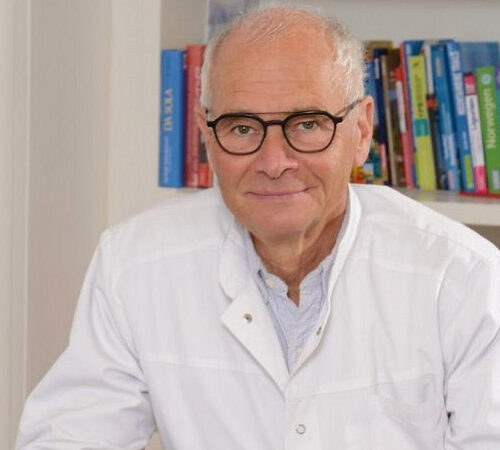
If you have any questions about the Europe-wide data collection within the framework of the present study, please contact:
Dr. med. Eberhard Biesinger, Specialist in Otorhinolaryngology, Coordination EUTINNET
E-Mail: info@eutinnet.org
News
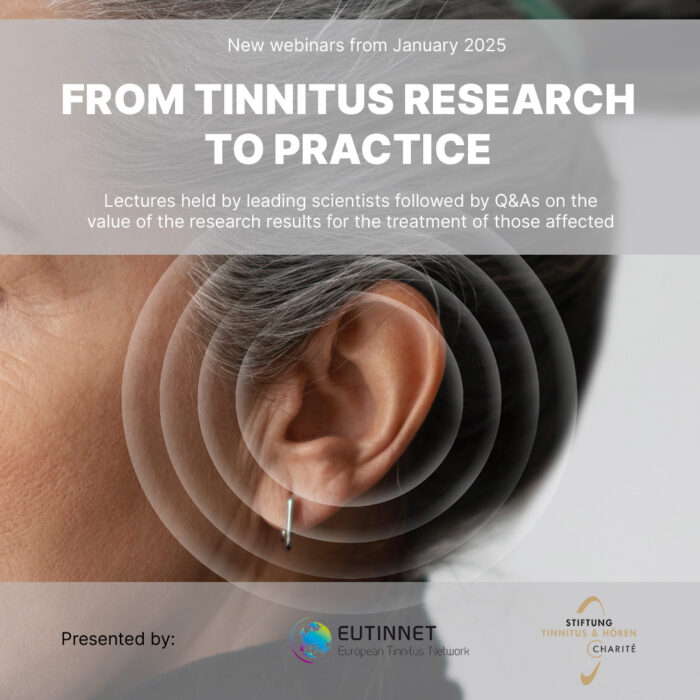
EUTINNET: New webinar series 2025
EUTINNET – the European Tinnitus Network – is launching a new webinar series in collaboration with our foundation on the topic of “Tinnitus – from research to clinical practice”. Leading scientists will present their research results and talk about their importance for the treatment of tinnitus sufferers. This will be followed by a Q&A session
The new format is aimed at all those involved in tinnitus self-help, as well as those affected and others with an interest in tinnitus research.
All webinars are offered as Zoom conferences and in English, participation is free of charge.
The webinars are recorded and then made available for viewing here on the EUTINNET website. In addition, all participants will receive the link to the recorded webinar by e-mail.
The dates:
- 23.01.2025, 6 pm.: Dr. Christopher R. Cederroth
- 10.04.2025, 6 pm.: Dr. Lukas Landegger
- 11.09.2025, 6 pm.: Dr. Stephanie Rosemann
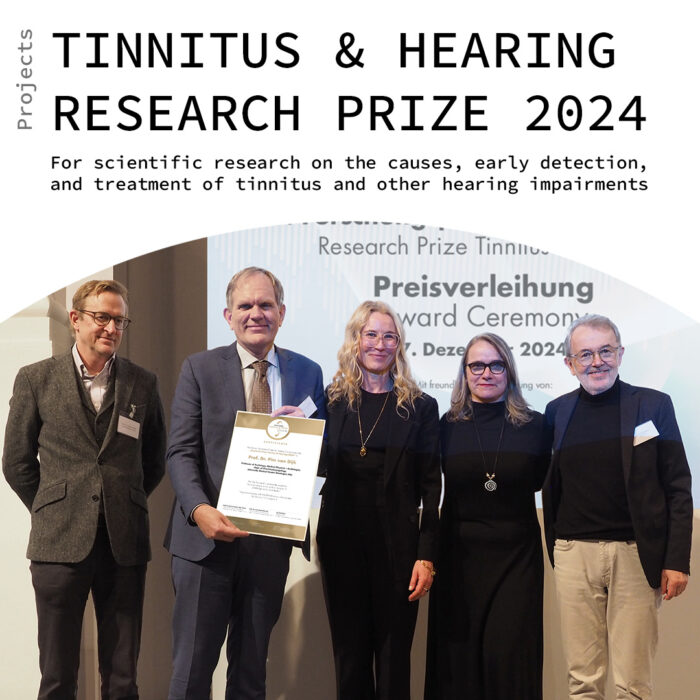
The application deadline for this year’s “Research Award Tinnitus and Hearing” has ended.
This year’s award ceremony will take place on 6 December 2025 during the 26th Tinnitus Symposium, organized by the Tinnitus Centre of the Charité – Universitätsmedizin Berlin and the Foundation Tinnitus & Hearing Charité. For further information, please check the website: https://stiftung-tinnitus-und-hoeren-charite.org/en/home/what-we-do/research-prize/
The visual above shows last year’s ceremony awarding Prof Dr Pim van Dyck, Department of Otorhinolaryngology, Head & Neck Surgery, University Medical Center Groningen, NL.
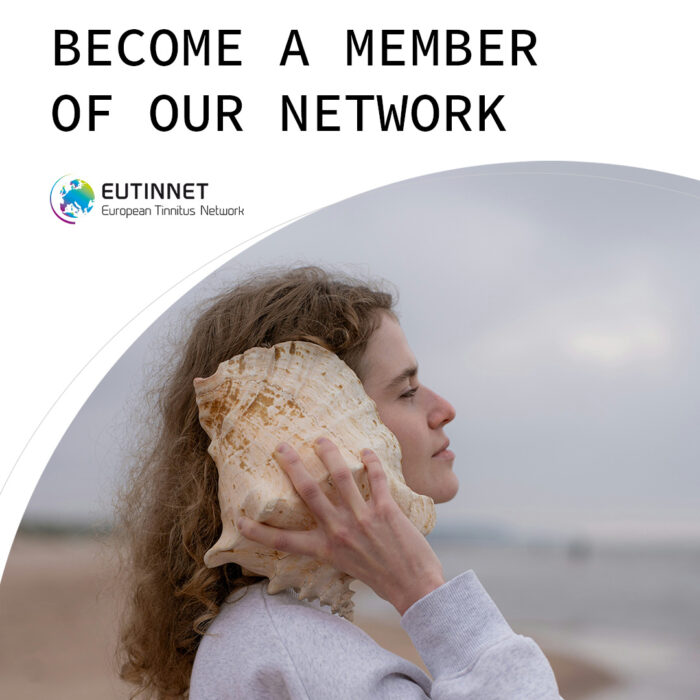
Welcome to EUTINNET, the European Tinnitus Network
As a member, you join a diverse group of tinnitus and hearing loss organizations from across Europe, all focused on improving awareness, sharing research, and supporting those affected by tinnitus and related conditions. By connecting with experts, researchers and patient communities, you contribute to advancing treatment options and fostering collaboration across borders. Your involvement helps to strengthen the network’s mission of promoting knowledge transfer and improving the quality of life for those impacted by tinnitus.


